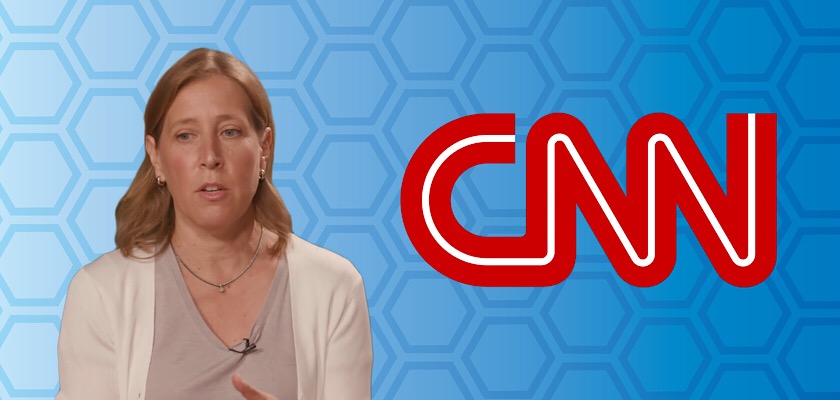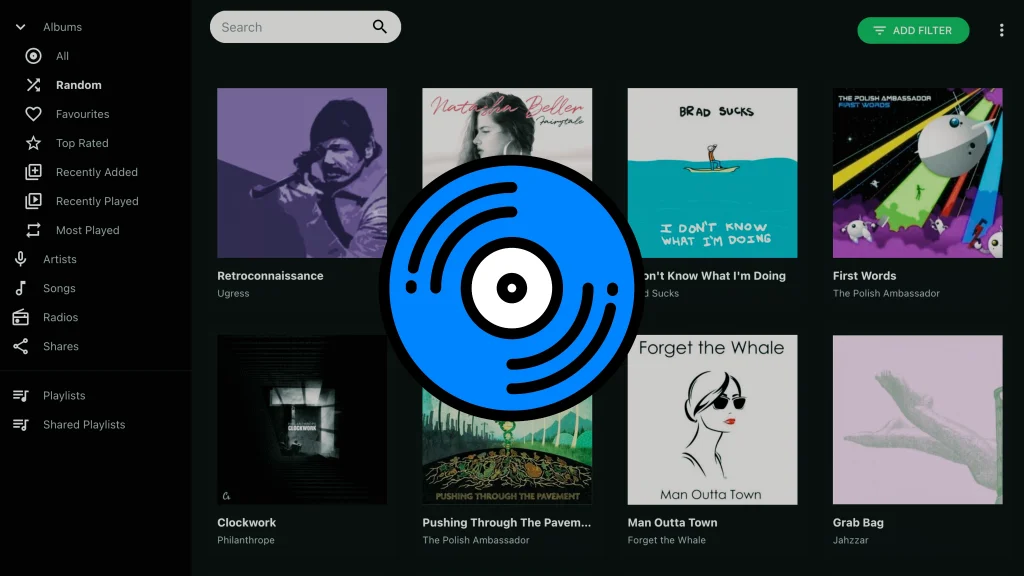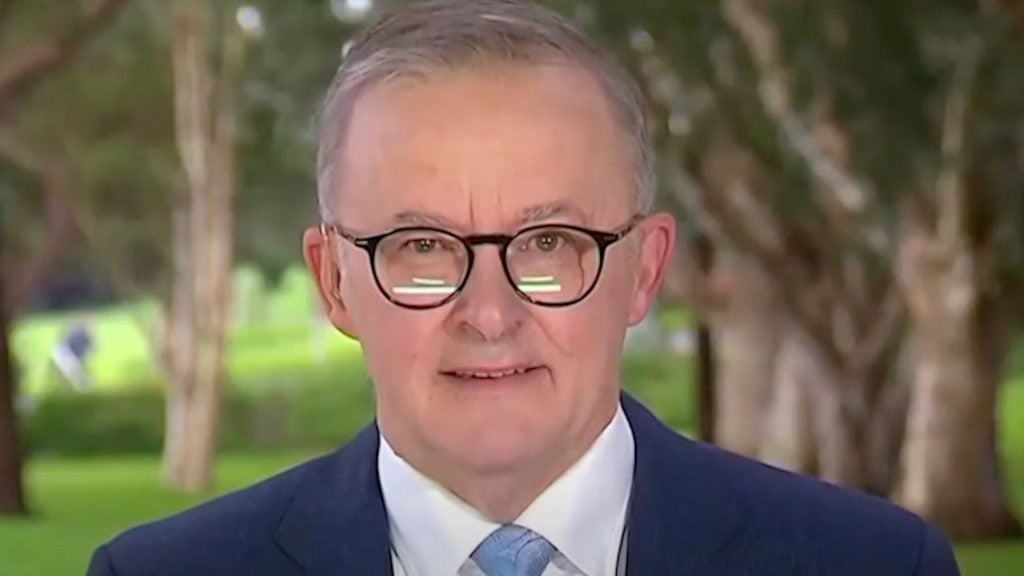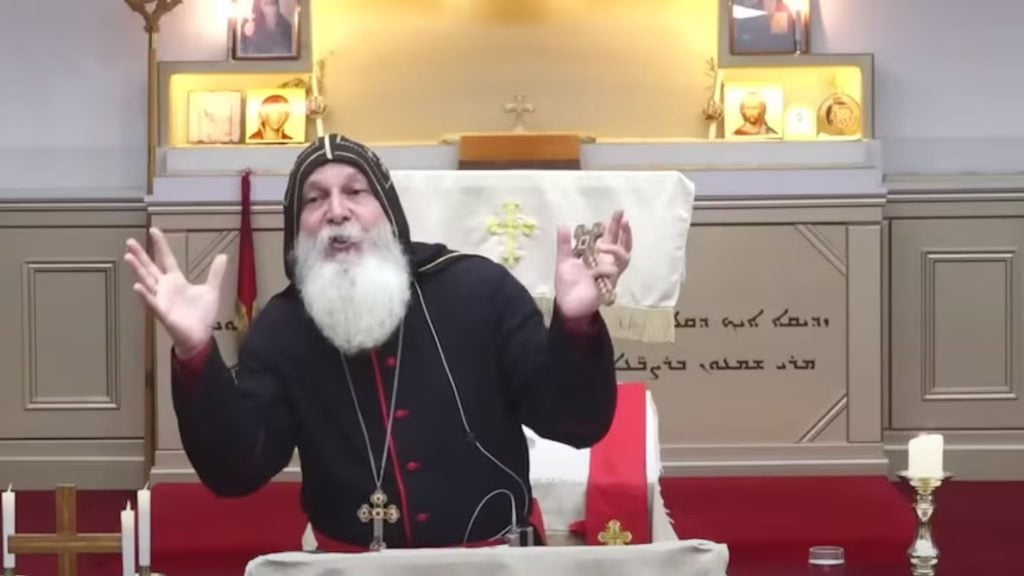In a quarterly update on YouTube’s priorities, CEO Susan Wojcicki has reaffirmed the company’s commitment to raising up what it deems to be “authoritative voices” while suppressing content that “brushes right up against” but doesn’t actually break any of the site’s rules.
In the blog post titled “Preserving openness through responsibility,” Wojcicki says: “I believe preserving an open platform is more important than ever.” She adds that:
“Without an open system, diverse and authentic voices have trouble breaking through. And the voices that do get a platform often sound like those who already have one.“
However, when discussing how YouTube creates this “open” and “diverse” system, Wojcicki ironically points to the promotion of a small number of “authoritative voices” (legacy media outlets that YouTube has deemed to be trustworthy) while limiting the reach of “borderline content” (content that comes close to breaking the rules but doesn’t):
“We RAISE UP authoritative voices when people are looking for breaking news and information, especially during breaking news moments. Our breaking and top news shelves are available in 40 countries and we’re continuing to expand that number.
We REDUCE the spread of content that brushes right up against our policy line. Already, in the U.S. where we made changes to recommendations earlier this year, we’ve seen a 50% drop of views from recommendations to this type of content, meaning quality content has more of a chance to shine. And we’ve begun experimenting with this change in the UK, Ireland, South Africa and other English-language markets.”
YouTube’s push towards “authoritative” voices and sources has become an increasingly prevalent public talking point for the company this year with YouTube’s chief product officer Neal Mohan saying last month that positive discrimination could be applied to “authoritative sources” such as “AFP or CNN or BBC or the AP or whoever.”
A leaked video of Wojcicki discussing the promotion of “authoritative” news sources during an internal presentation which took place one week after the June 2017 London Bridge attack also shows that YouTube has been planning this increased focus on “authoritative sources” for several years.
However, the promotion of “authoritative sources” and crackdown on “borderline content” has proved controversial among independent creators with many blaming the changing algorithm for wiping out almost all of their views while increasingly favoring legacy media outlets that already have a large platform.
If you're tired of censorship and dystopian threats against civil liberties, subscribe to Reclaim The Net.









